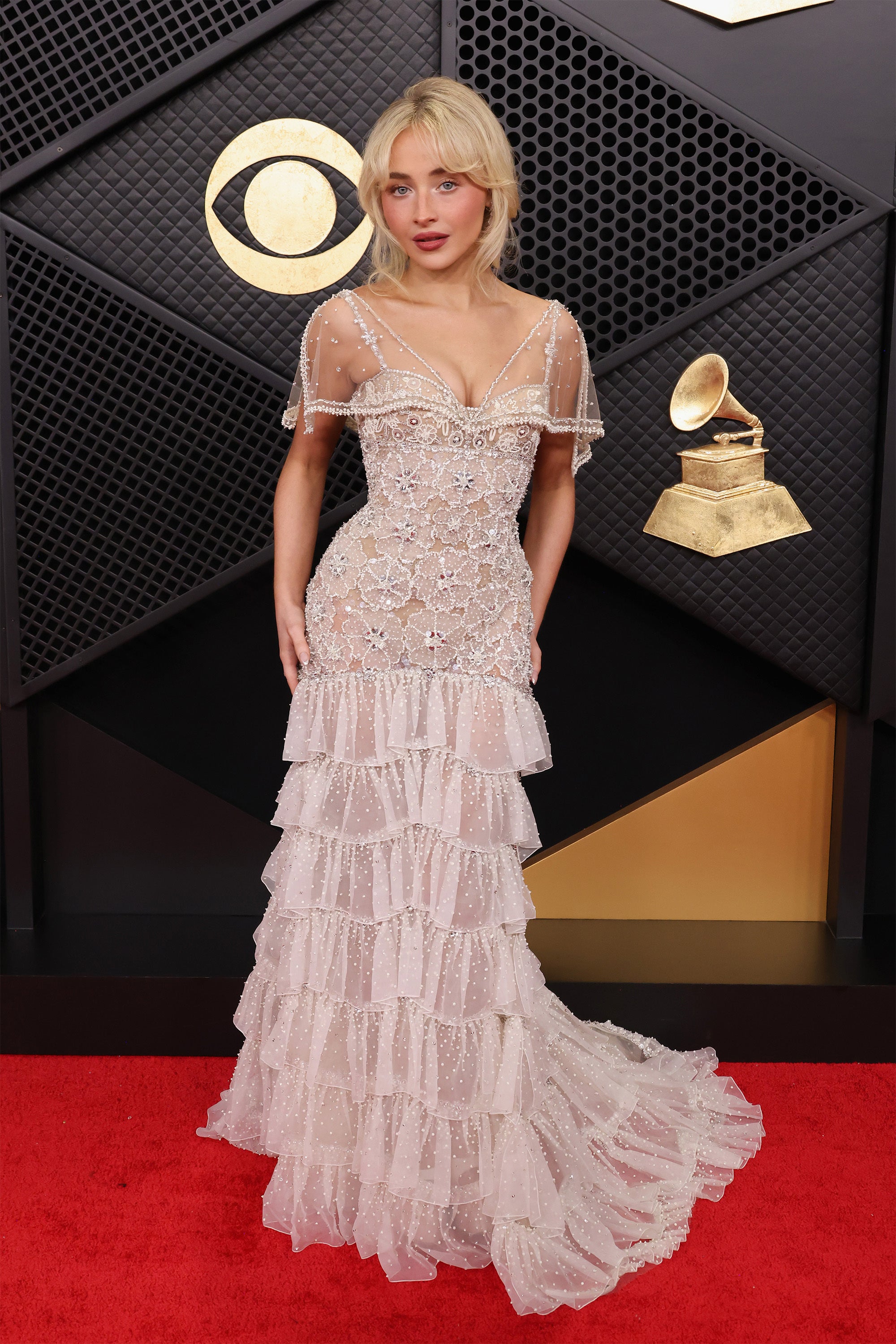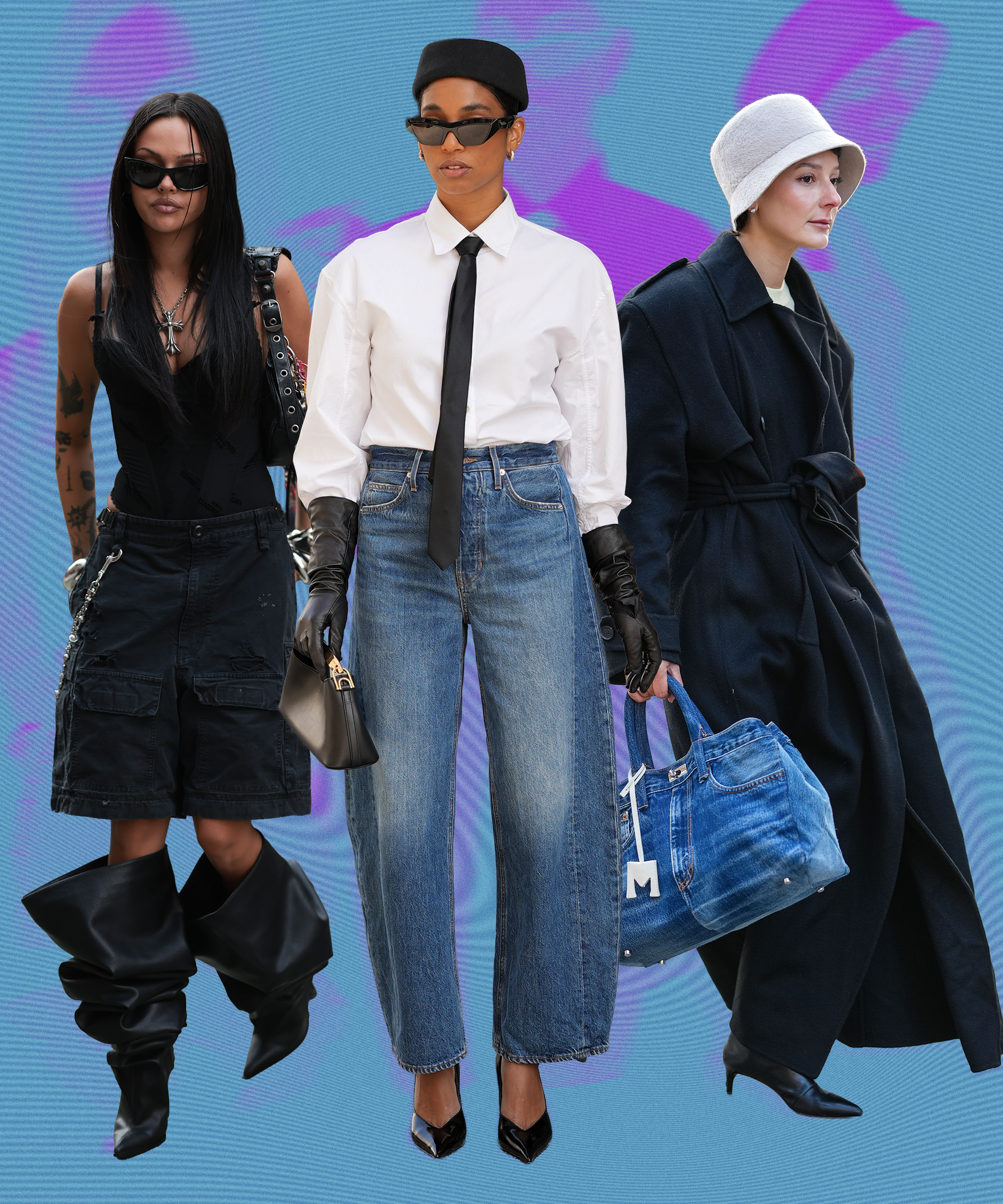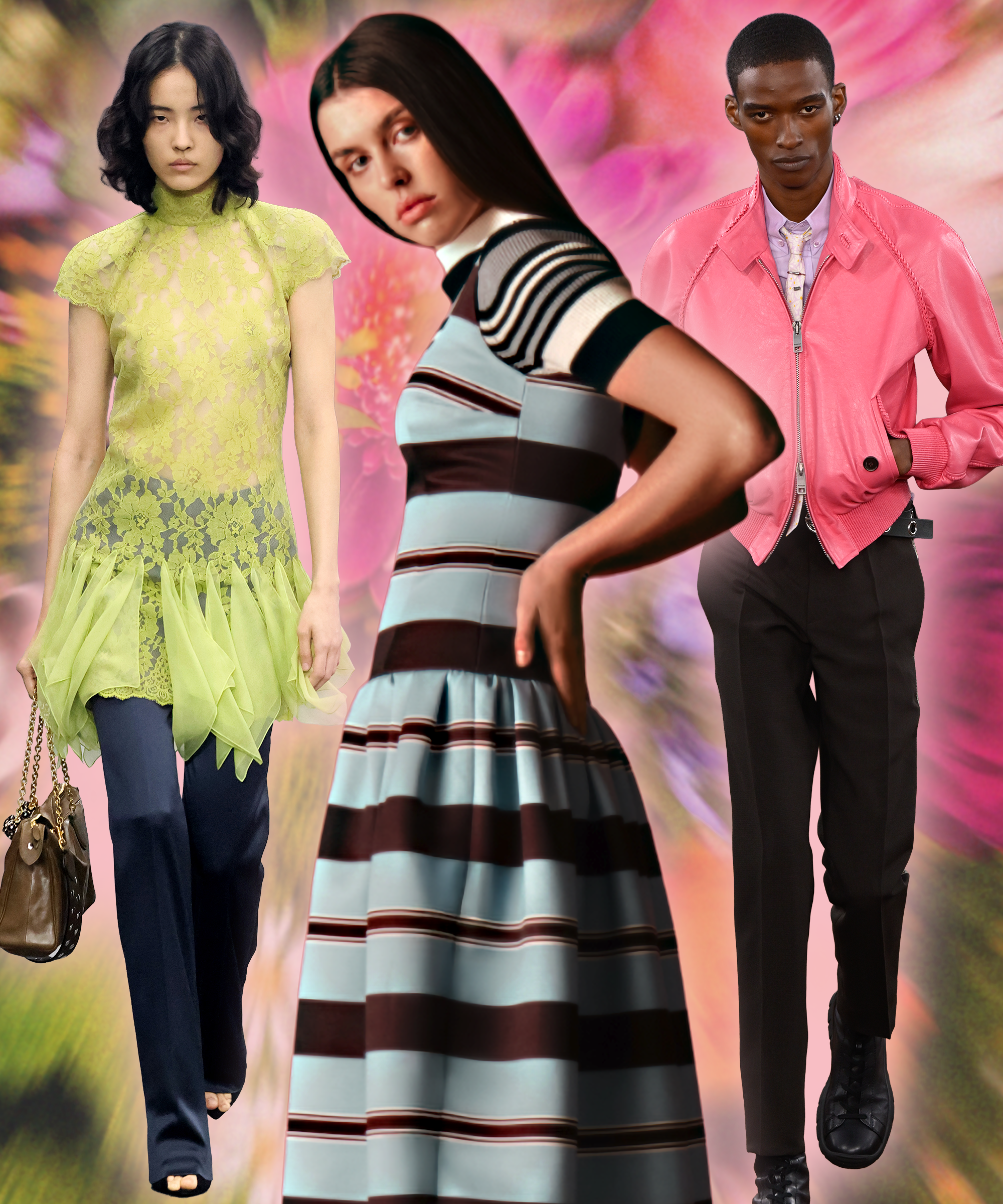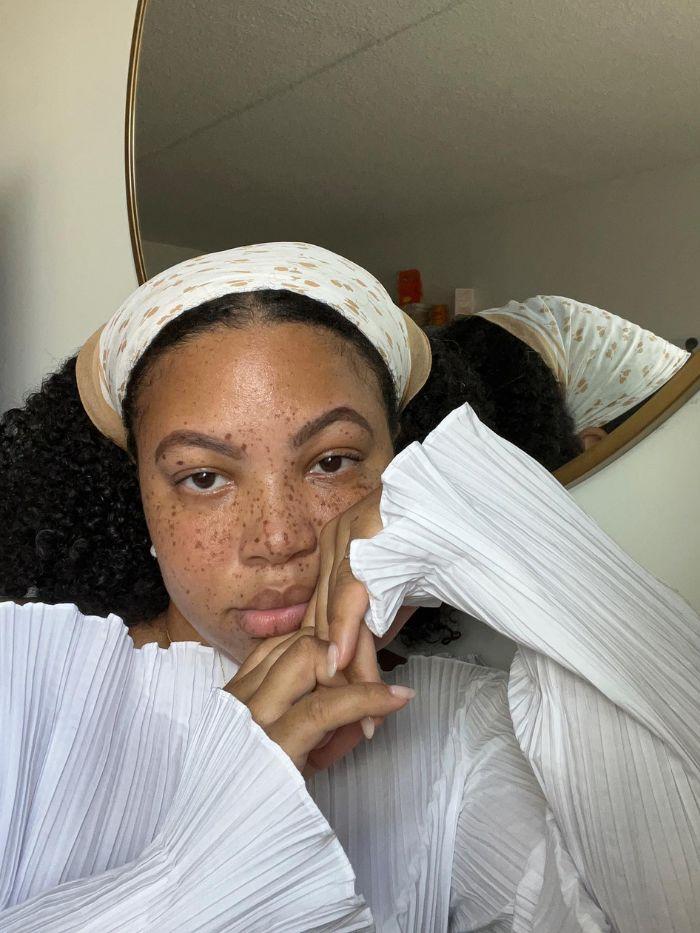
I don’t know about you, but after a busy Christmas period, my under-eye circles are darker than ever. In a bid to look less tired, I’ve been testing all of the top-rated concealers you could think of, but nothing seems to adequately get rid of the pesky purple shadows around my eyes. As a beauty editor, I’m constantly asking makeup artists for their tips and tricks, so I decided to reach out to Hollie Ellis, pro makeup artist at Bobbi Brown, to find out exactly how I can cover my dark circles for good. As it turns out, Ellis has a secret trick to awaken the eye area, and it has nothing to do with concealer at all.
Instead, Ellis told me that an under-eye corrector is the best way to diminish tired-looking eyes. If I’m being totally honest, although I had heard of under-eye correctors, I didn’t really know what they did. As someone who likes to do their makeup in 10 minutes or less, I’m always reluctant to add extra products to my routine, especially if I’m not sure the product in question will actually make my makeup any better.
However, after speaking to Ellis and finding out exactly how under-eye correctors work, I practically ran to my nearest Boots to try some out for myself, and I can now say that this is a new step in my routine that I will never skip. Of course, I thought it was only right that I shared all the information with you, so keep on scrolling for everything you need to know about disguising your under-eye circles for good.
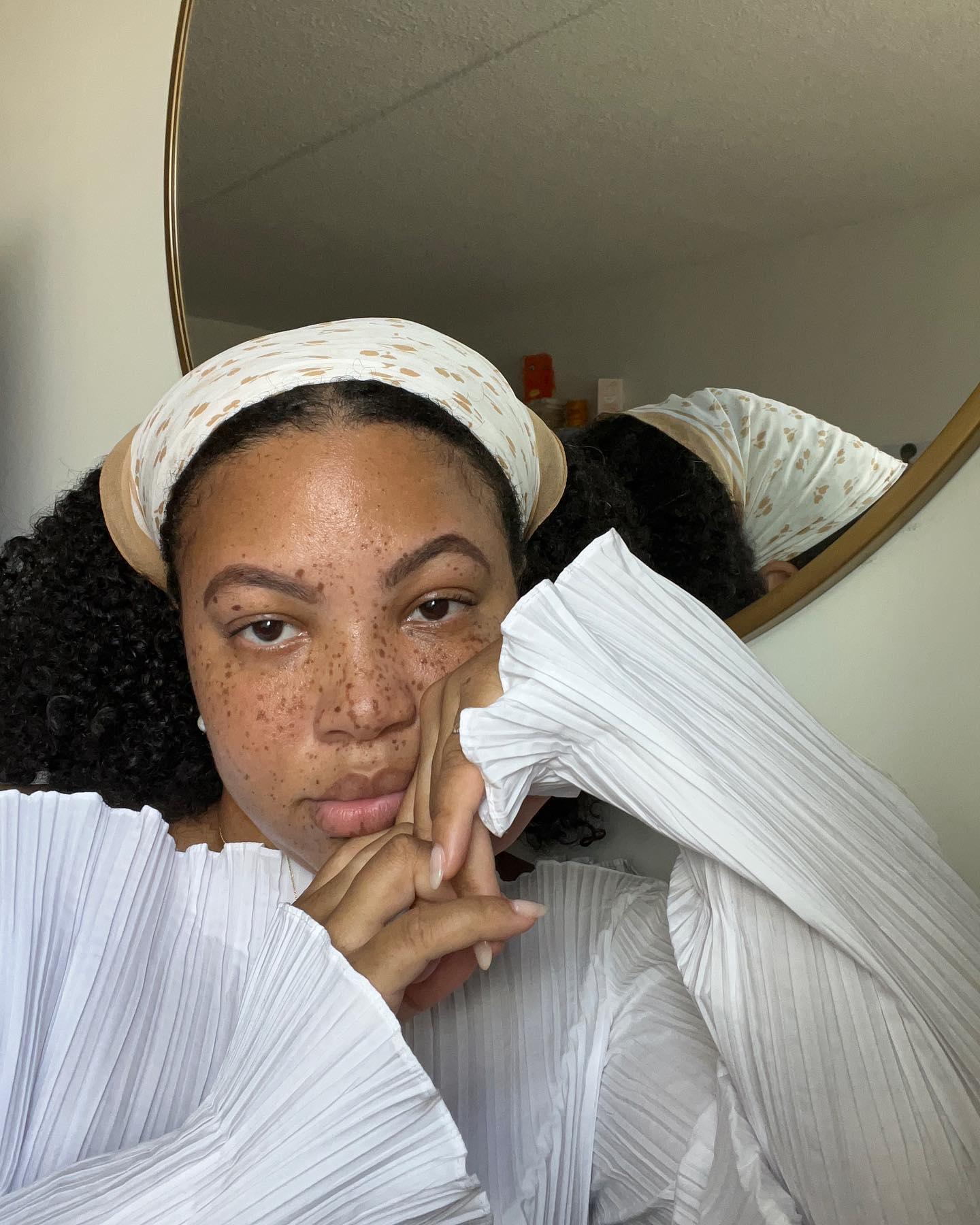
First things first, what actually is an under-eye corrector, and how is it different from concealer? According to Ellis, “An under-eye corrector is the secret to diminishing dark and tired-looking under eyes”. The product can look similar to a concealer but is applied beforehand. Instead of providing coverage like a concealer would, they come in a range of colour-correcting tones to neutralise shadows under the eyes and to help hide any discolouration.
As mentioned above, instead of concealing dark circles or blemishes, this product is all about correcting. “Correctors are completely different in that they help remove [discolouration]and are never normally a skin-tone shade [unlike a concealer],” explains Ellis. “You’ll find that some brands work with greens, reds and orange correctors. [At] Bobbi Brown, we work with peach and pink correctors [that]are much more natural to skin [under]tones, so once applied, they will blend seamlessly into the skin.”
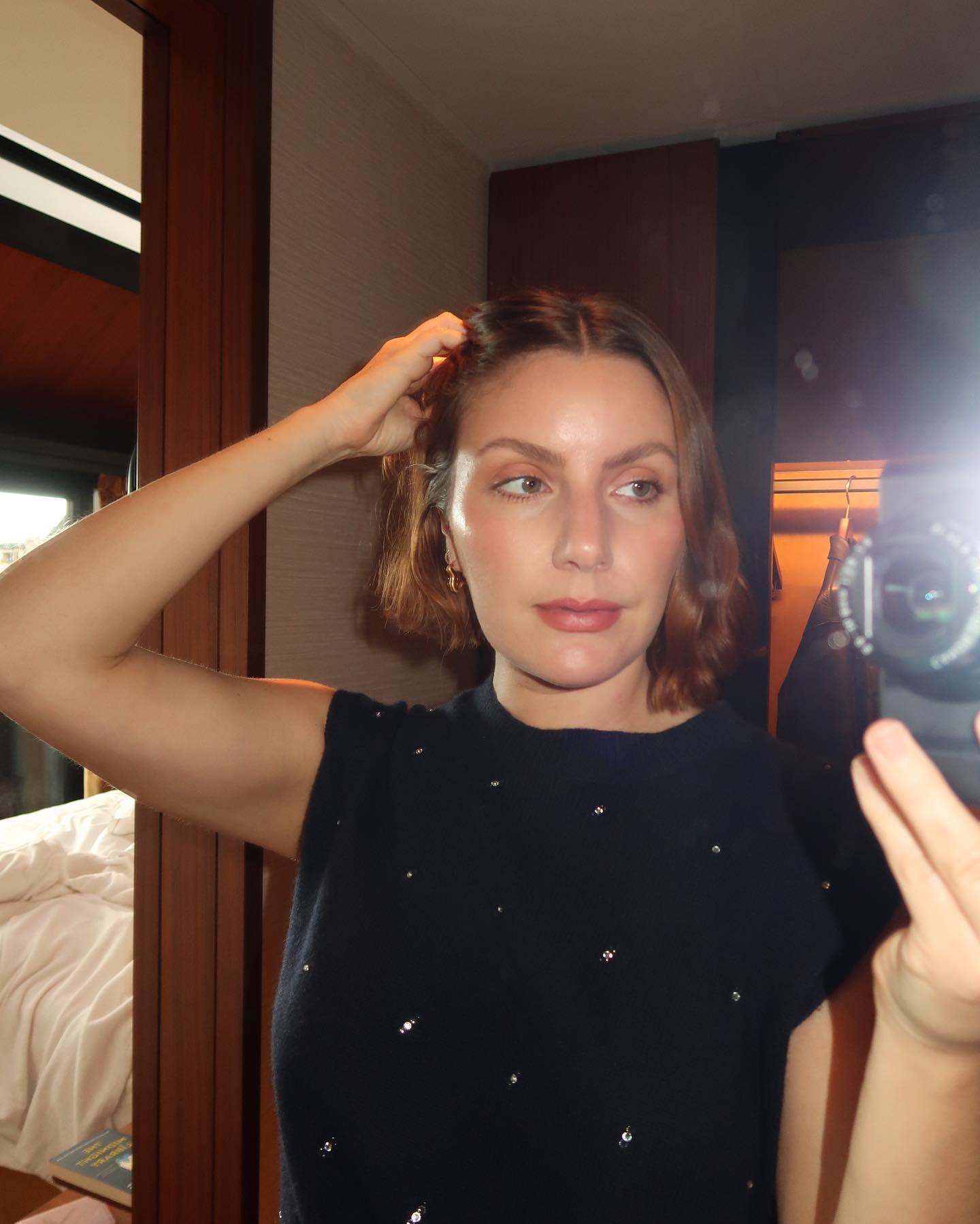
If you want to give this product a go, it’s important to know how to apply it correctly. “Always use your corrector first, before your concealer,” says Ellis. “Once corrected, you will find you only need a small application of concealer to help bring back your natural skin tone shade.” Depending on the formula, you can apply the product with your fingers or a small brush.
As Ellis mentions, different brands work with different shades of under-eye correctors, so sometimes it can be confusing to know which one to go for. She advises looking at the discolouration you can see under your eyes. For example, peach correctors can help with blue tinges, whilst green correctors can help with redness.
So, now you’re clued up on under-eye correctors, keep on scrolling for my top recommendations.
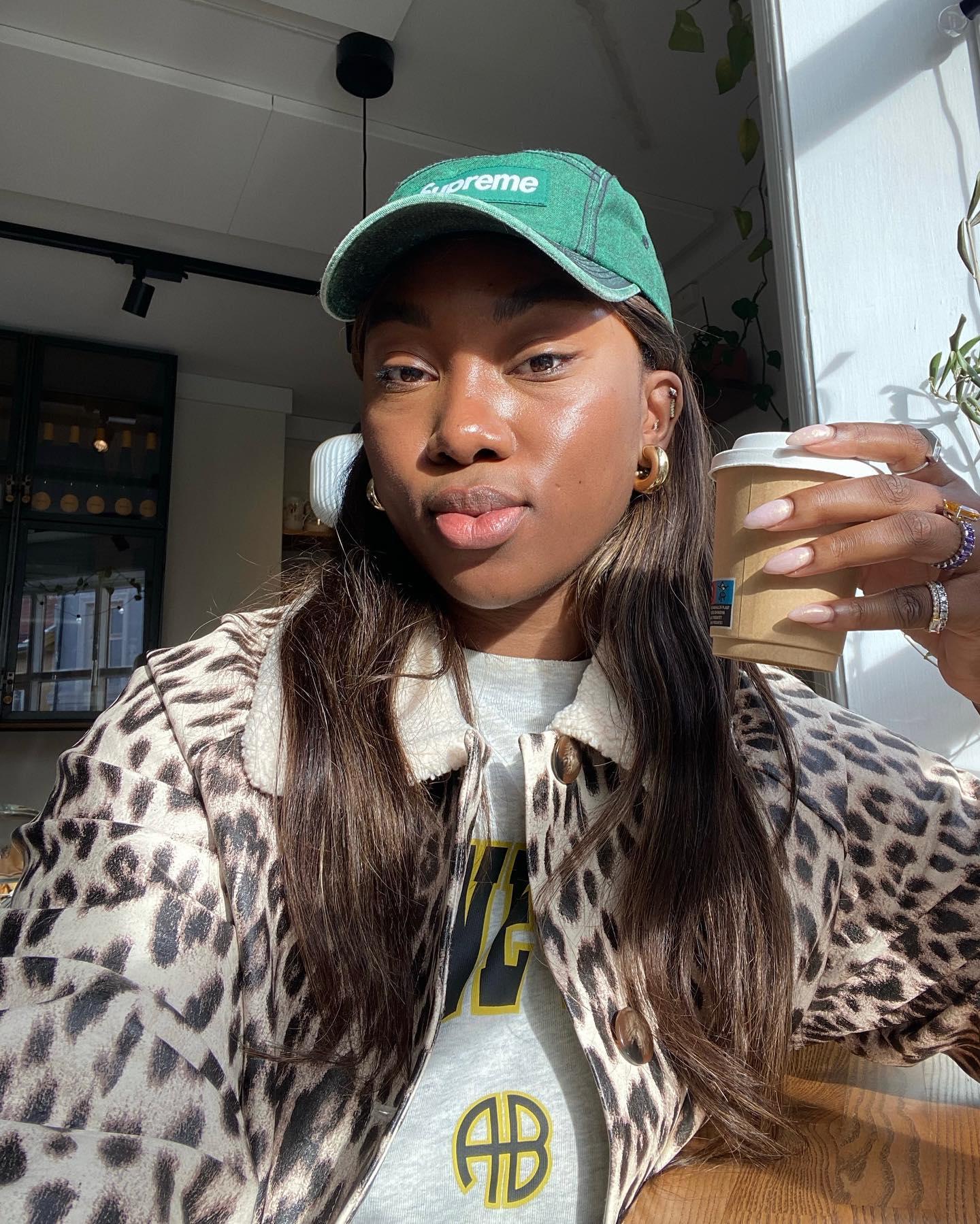
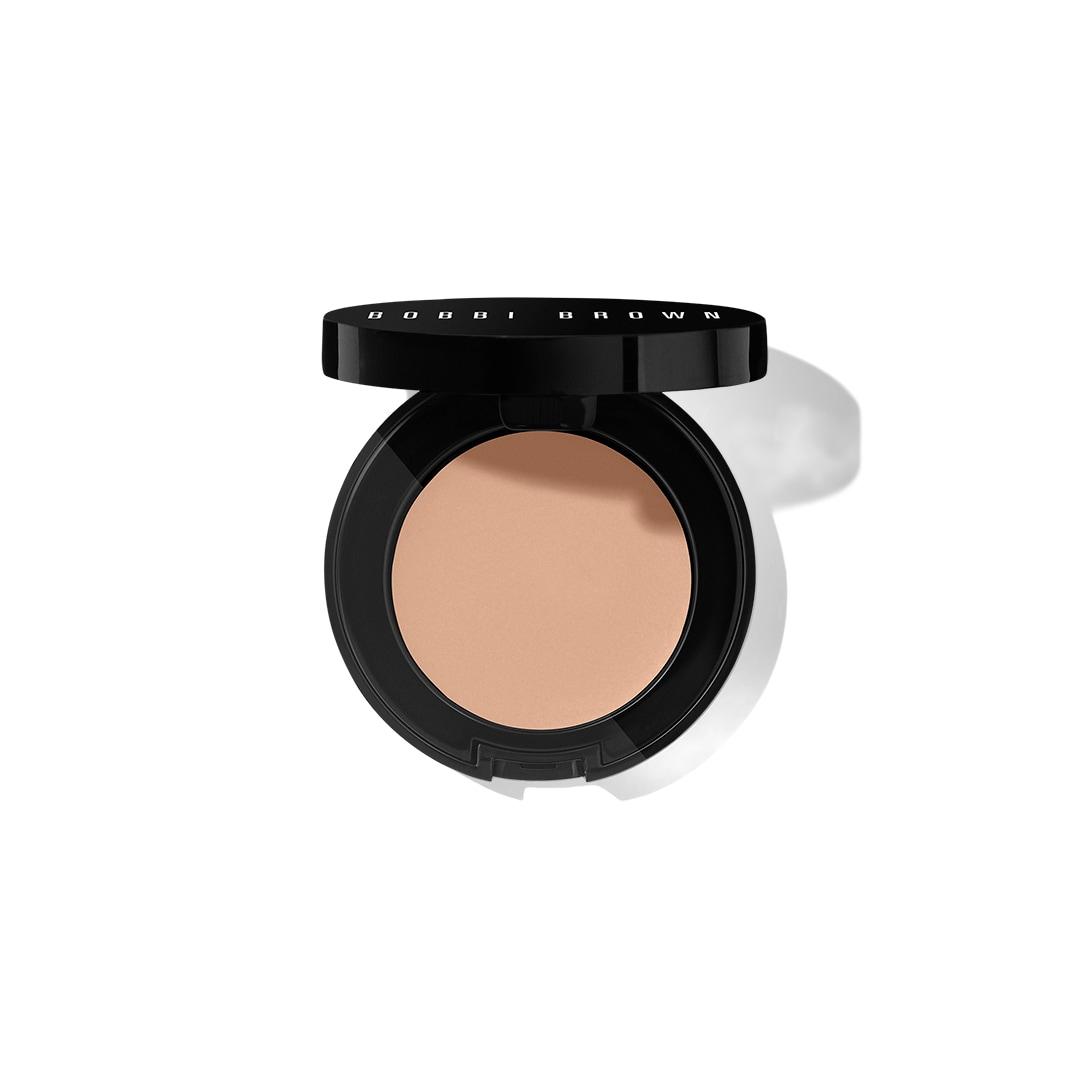
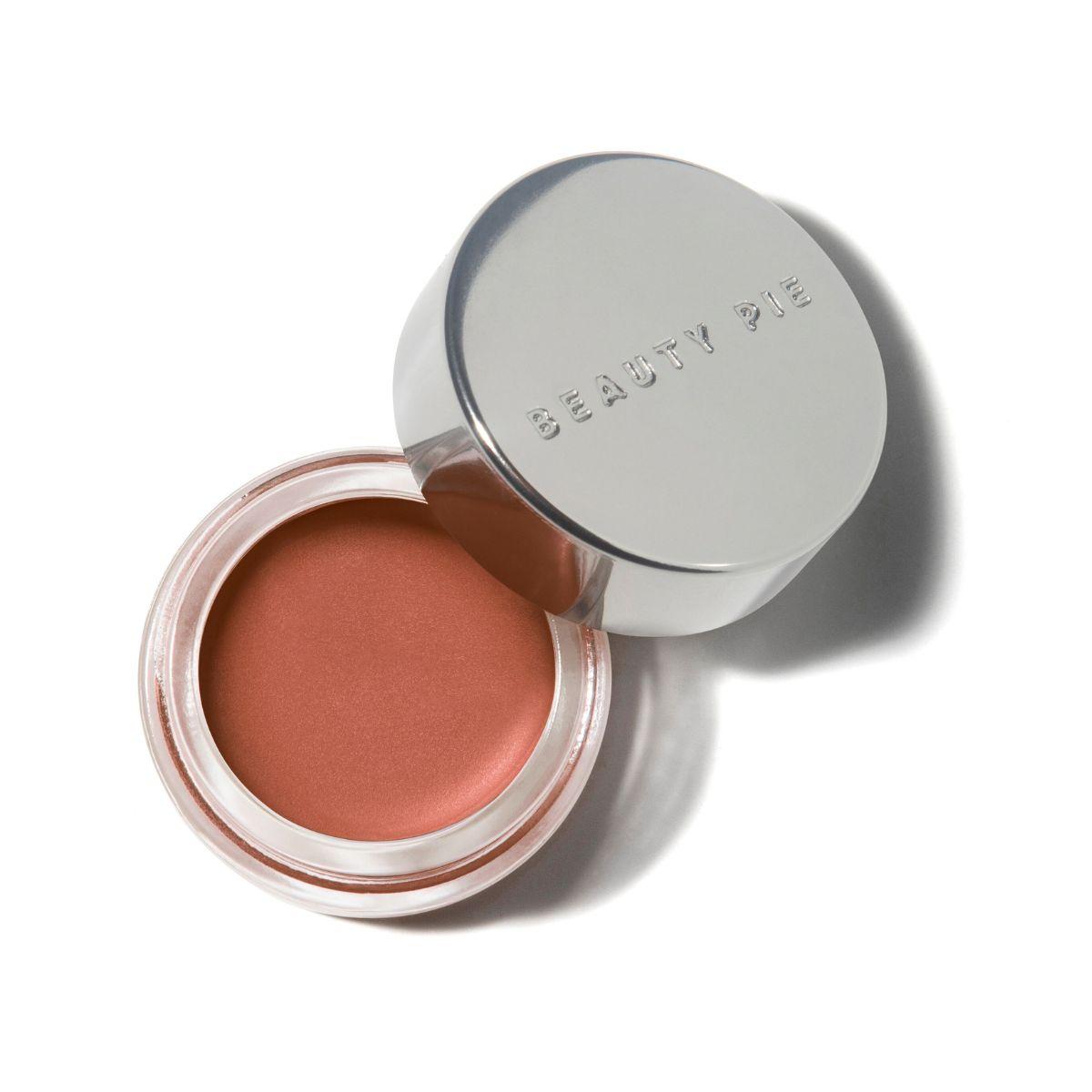
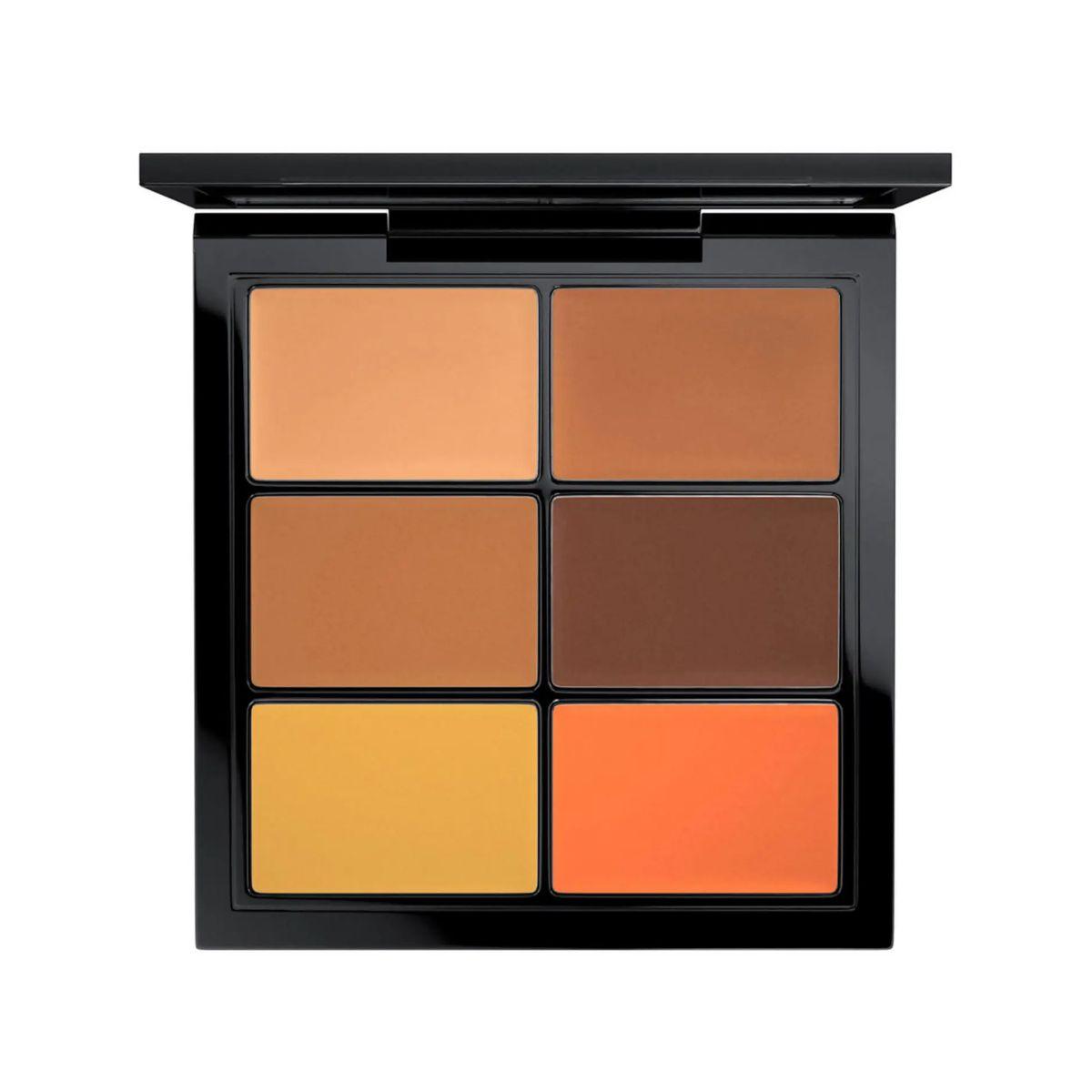
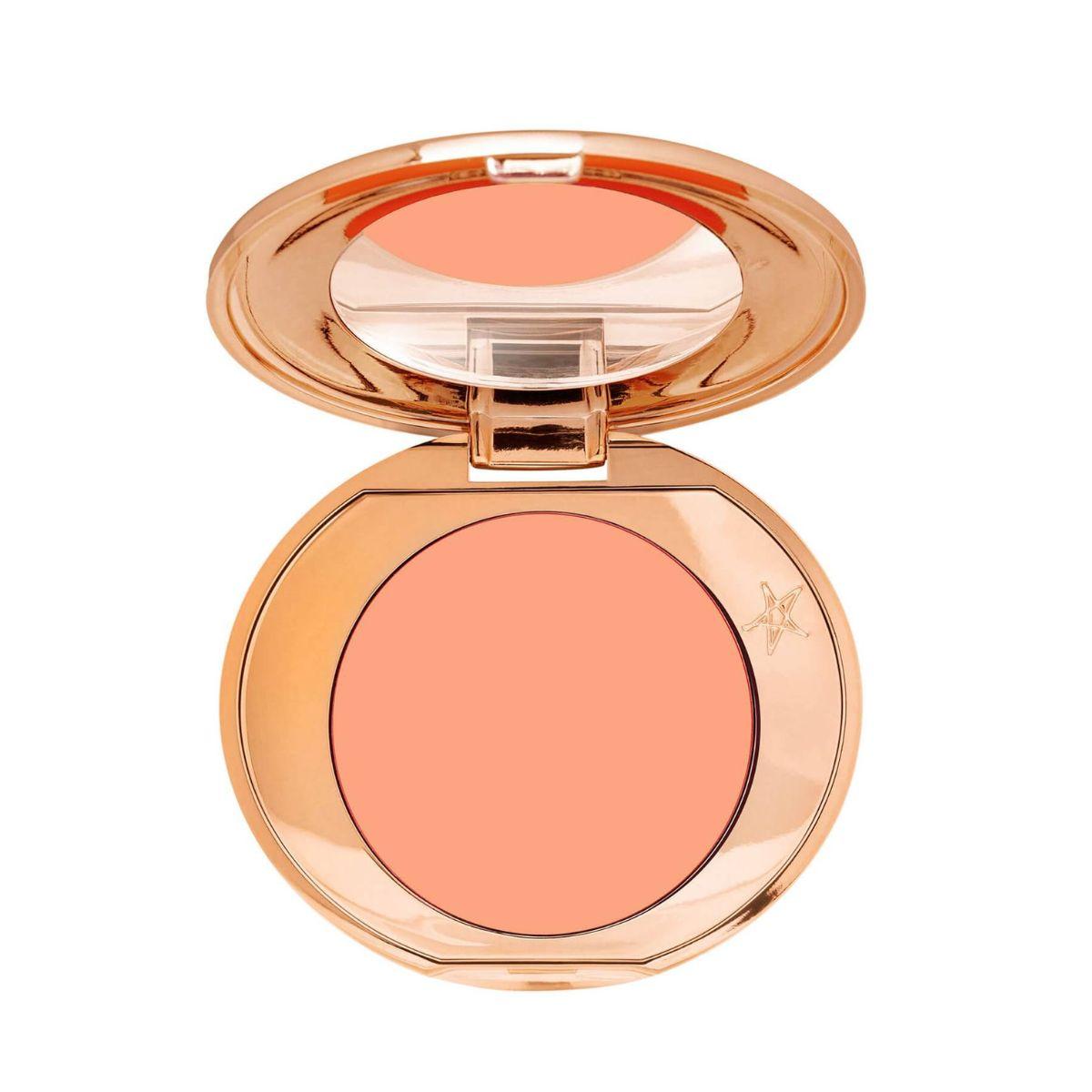
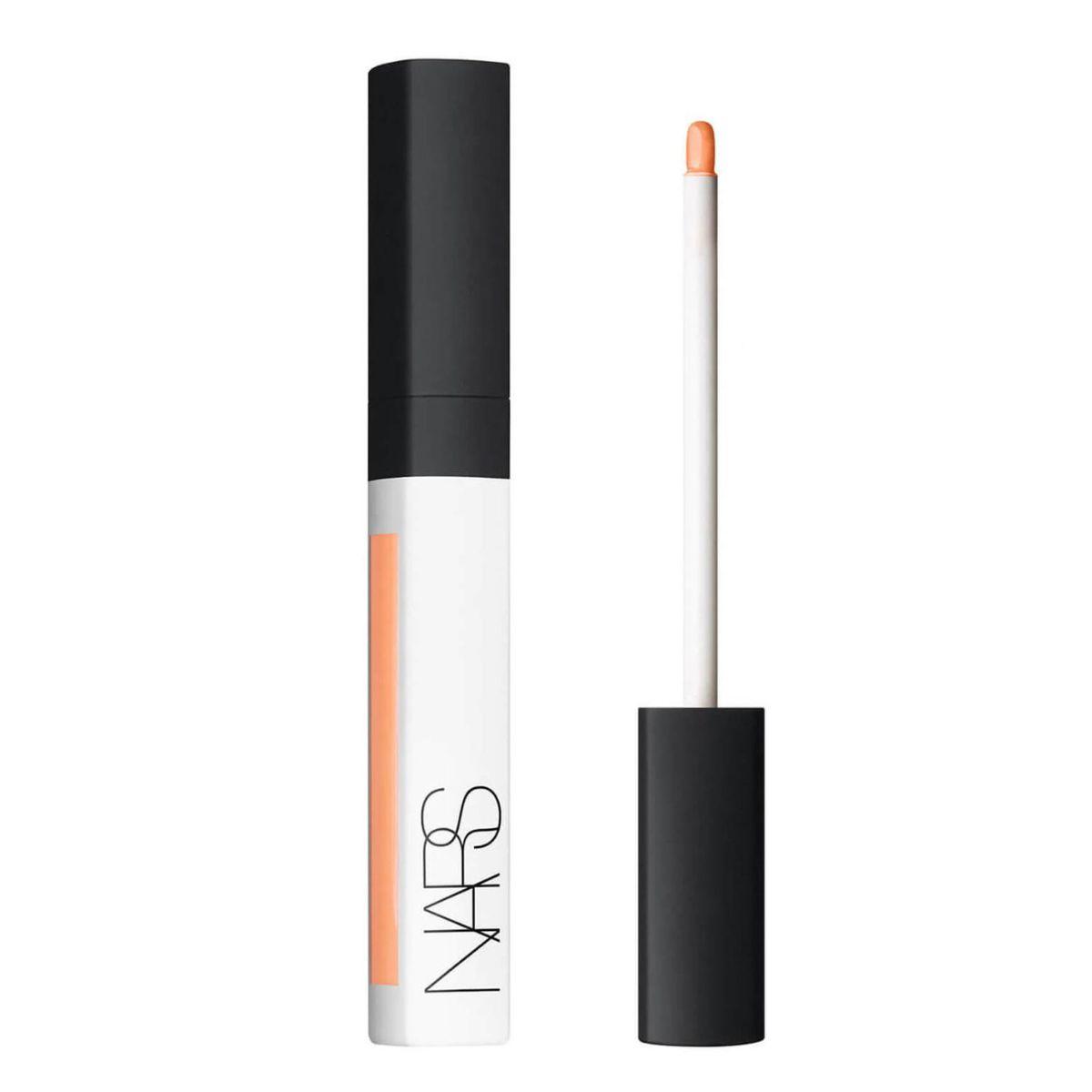
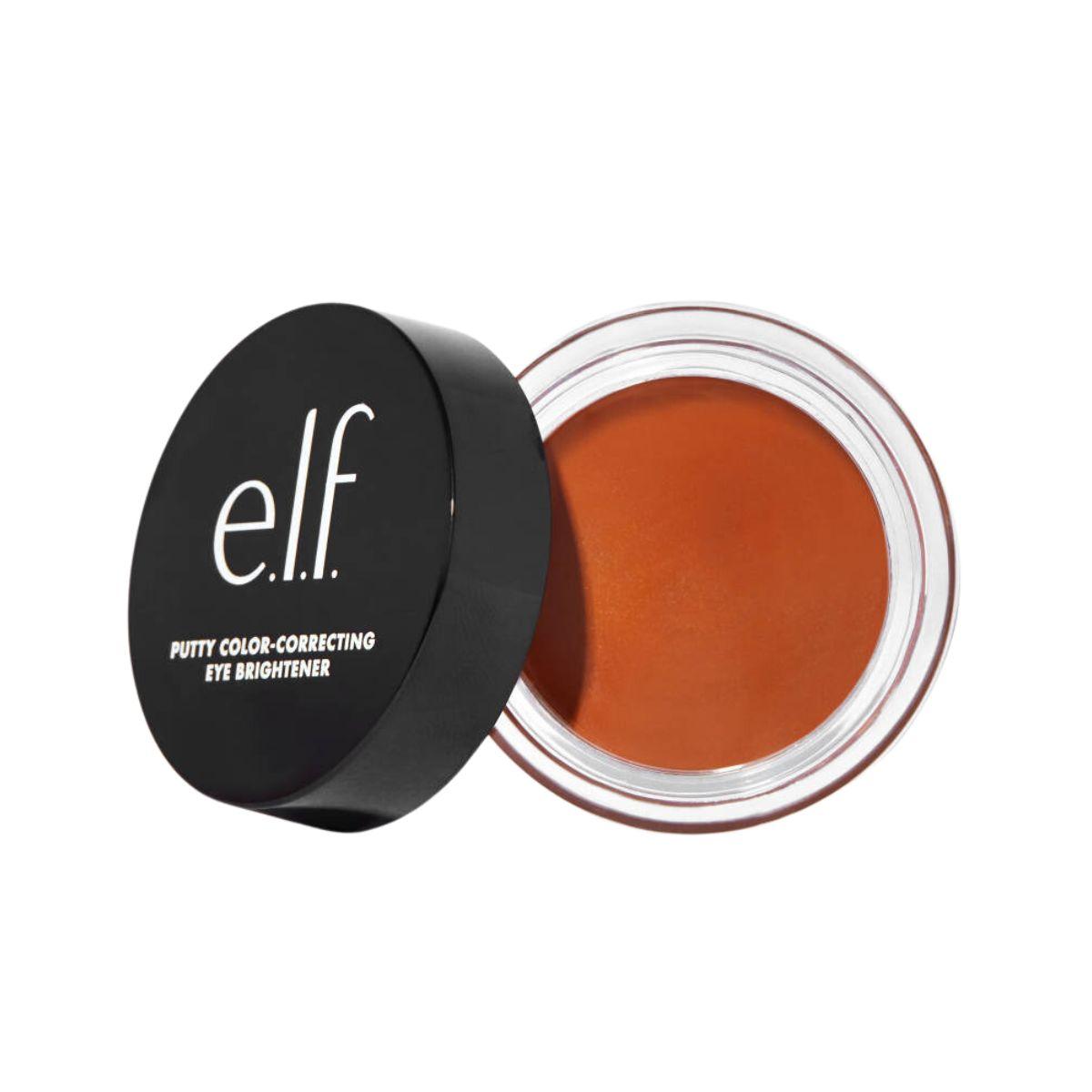
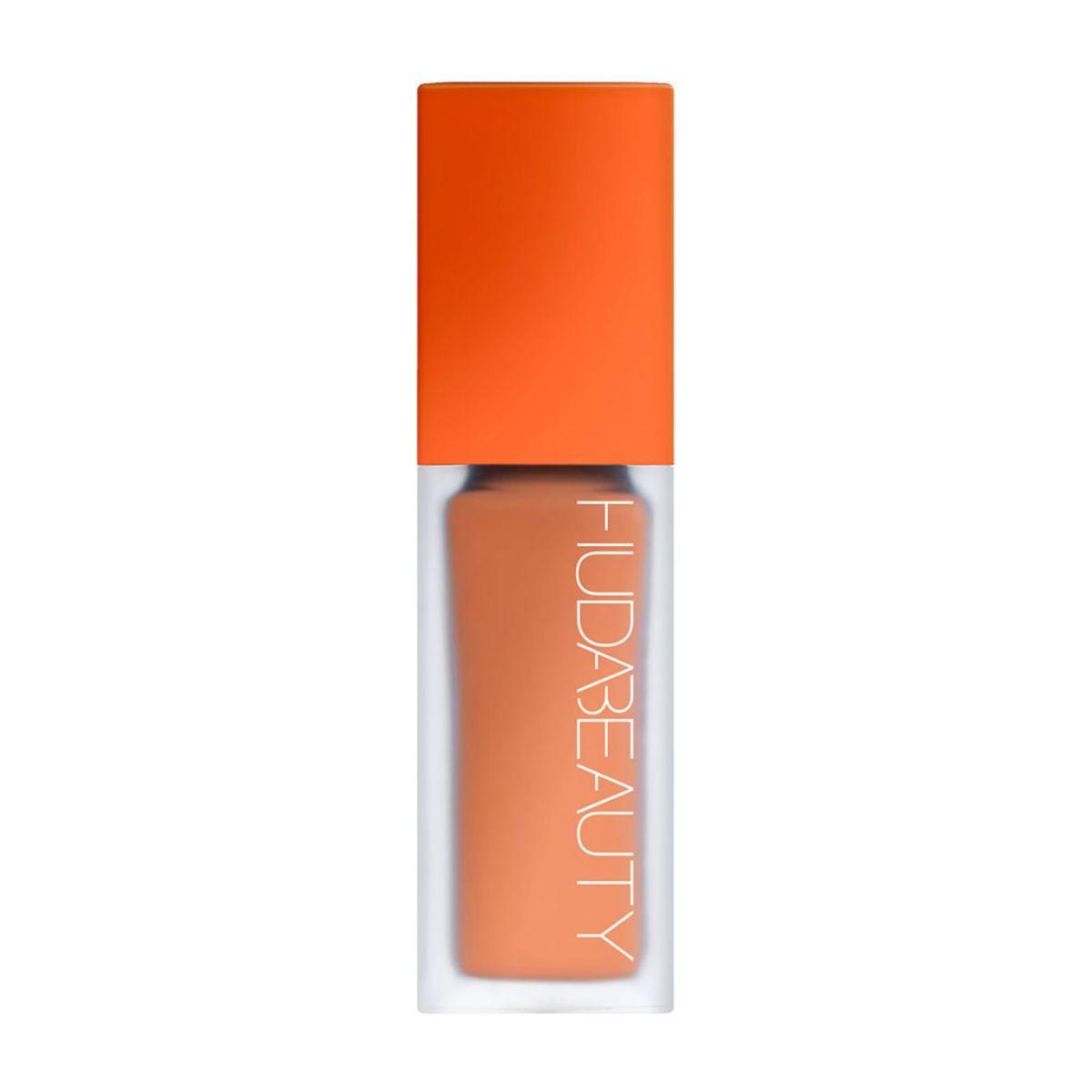
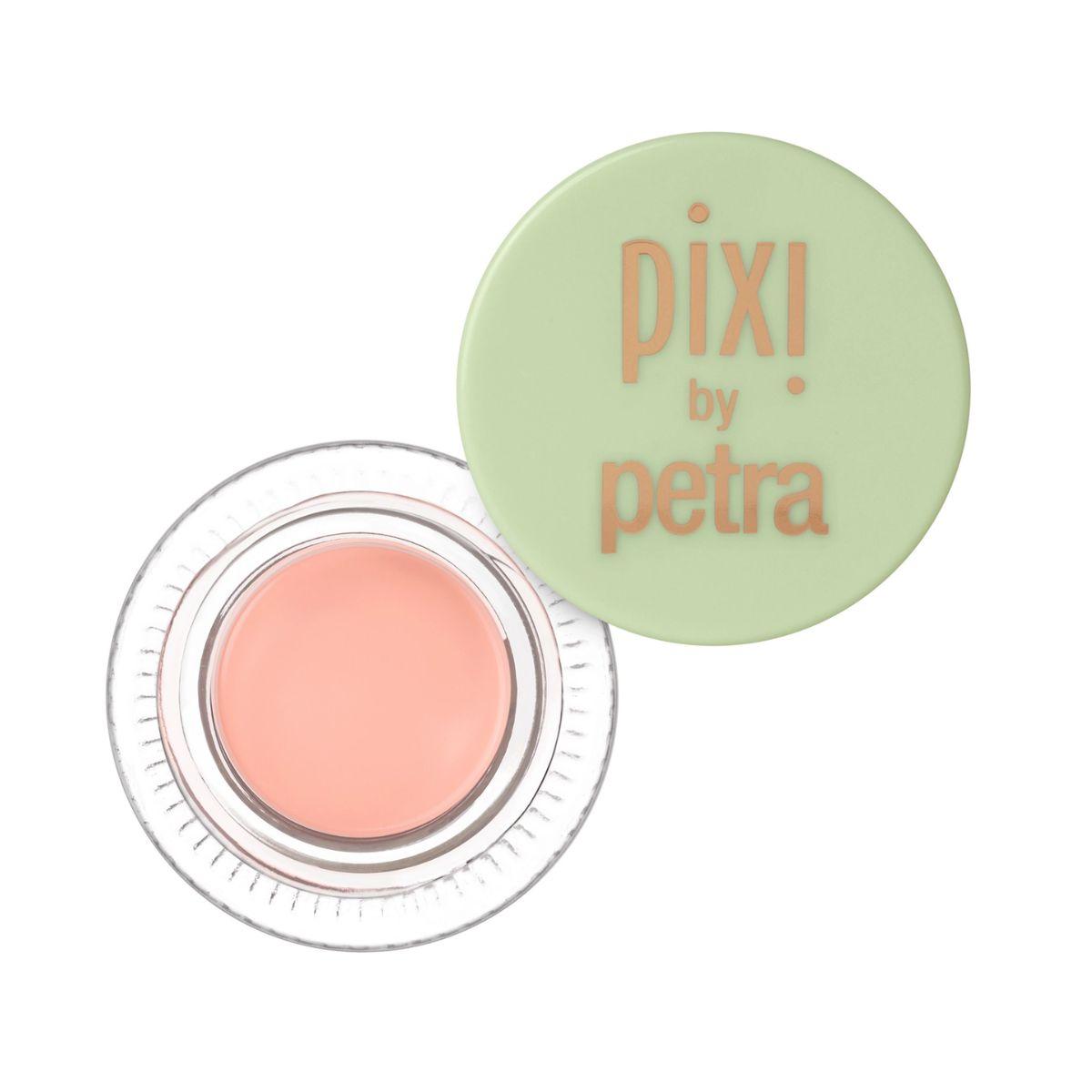
Next Up: My Makeup Never Lasted Until I Added This One Product to My Routine


